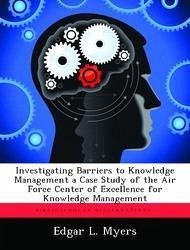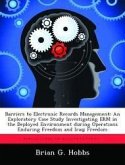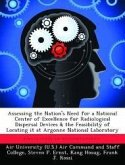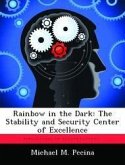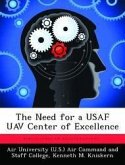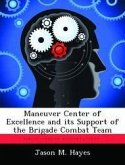Knowledge is becoming recognized as an organization's most valuable and powerful resource. As a resource, knowledge is used to improve an organization's efficiency and effectiveness, to create innovative solutions, and to enhance decisionmaking capabilities. Being such an important resource, it stands to reason that an organization's knowledge resources must be effectively managed. However, while an organization attempts to manage its knowledge, its efforts are constrained by a variety of influences acting as barriers. Using Holsapple and Joshi's (2000) "influences on the management of knowledge" framework, the purpose of this research is to identify those barriers that are acting as barriers to knowledge management (KM) efforts guided by the Air Force Center of Excellence for Knowledge Management. Based on the results of this research, a variety of managerial, resource, and environmental influences acting as barriers were found. It was also determined that the overarching problem of a lack of KM understanding throughout the Air Force serves as the greatest barrier to KM efforts guided by the Air Force Center of Excellence for Knowledge Management.
Hinweis: Dieser Artikel kann nur an eine deutsche Lieferadresse ausgeliefert werden.
Hinweis: Dieser Artikel kann nur an eine deutsche Lieferadresse ausgeliefert werden.

